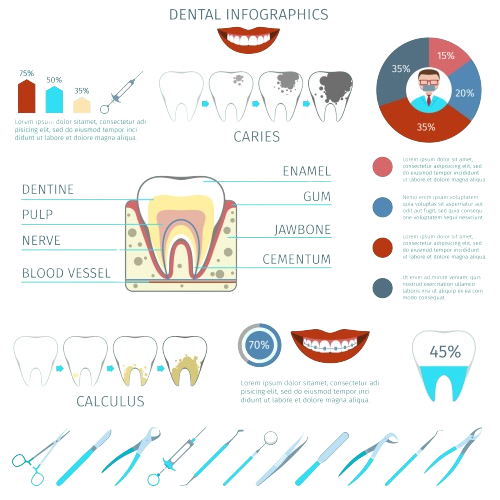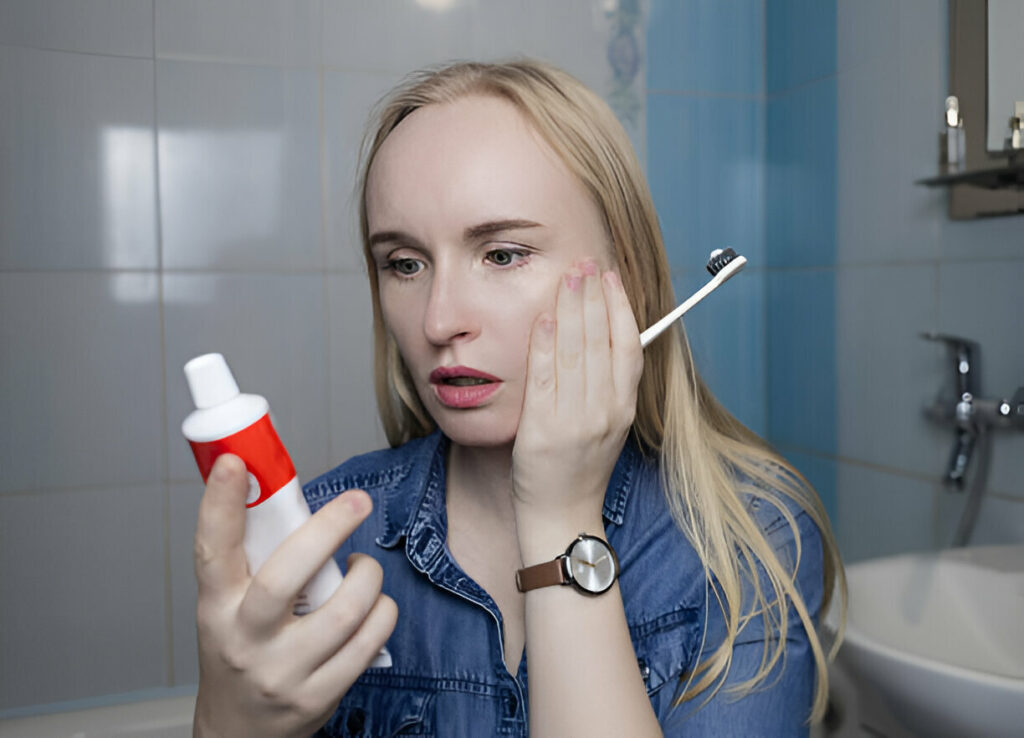Dental health is an important part of overall health, so it’s essential to practice good oral hygiene habits from a young age and throughout life. the number of teeth, adults typically have 32 teeth, including four wisdom teeth (third molars), which may or may not erupt fully.
Teeth problems can vary widely, but here are some common ones:
Tooth Decay (Cavities): Caused by bacteria in the mouth producing acids that eat away at the tooth enamel, leading to holes or cavities in the teeth.
Gum Disease (Gingivitis and Periodontitis):
Inflammation of the gums caused by bacteria in plaque buildup. If left untreated, it can lead to gum recession and tooth loss.
Tooth Sensitivity: Pain or discomfort when consuming hot, cold, sweet, or acidic foods and beverages, often due to exposed dentin or receding gums.
Toothaches: Pain or discomfort in or around a tooth, which can be caused by various factors such as tooth decay, infection, or gum disease.





